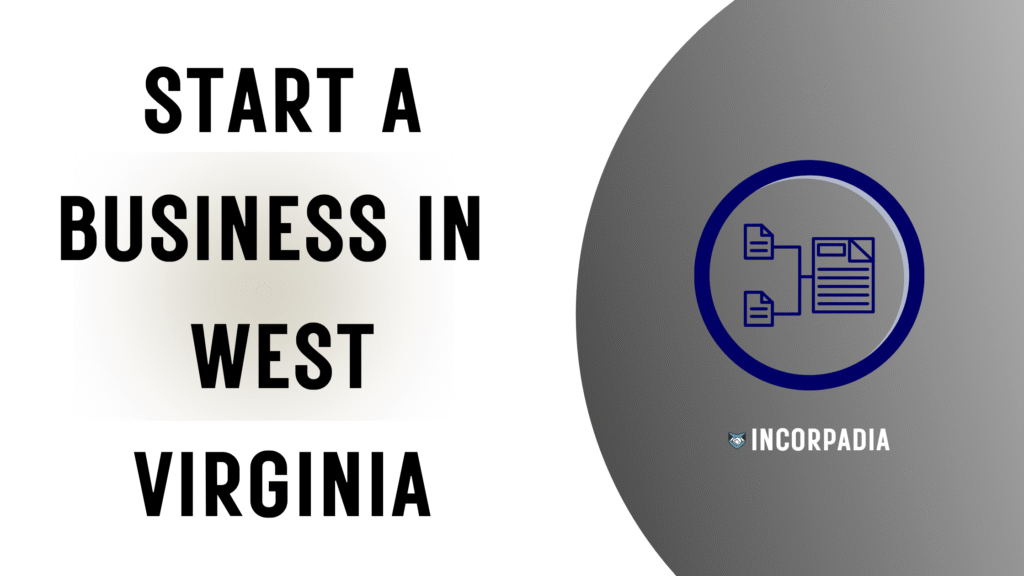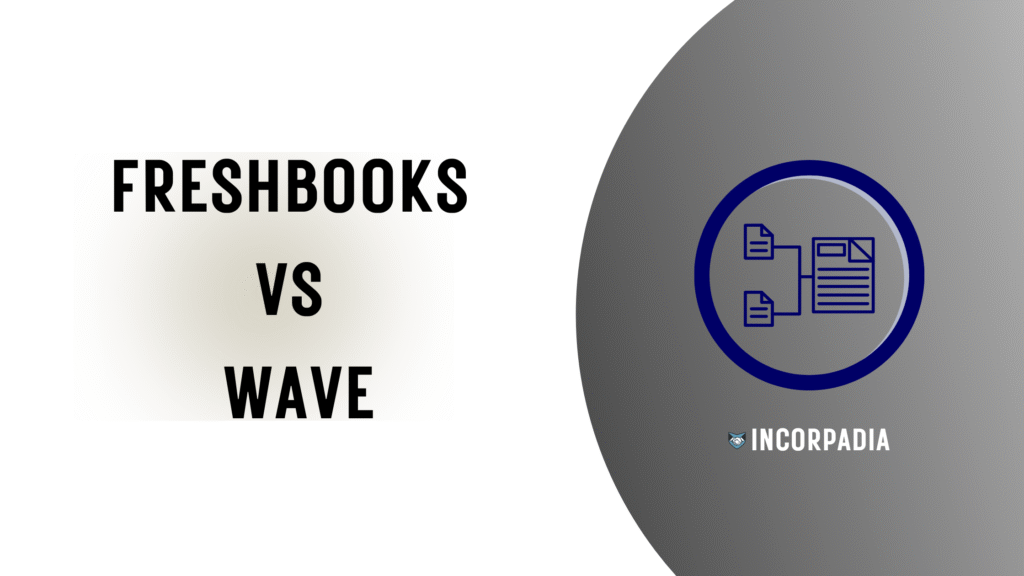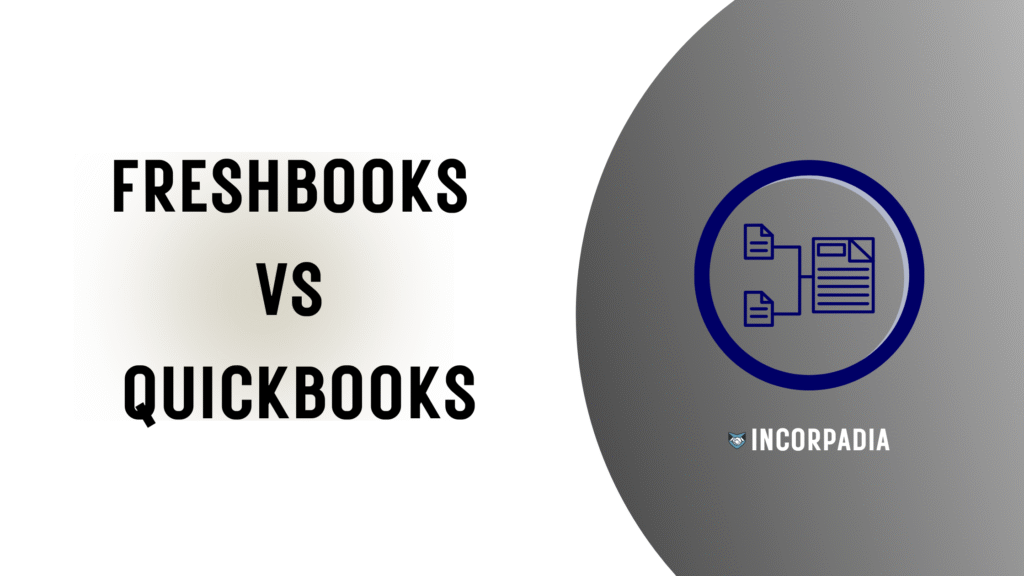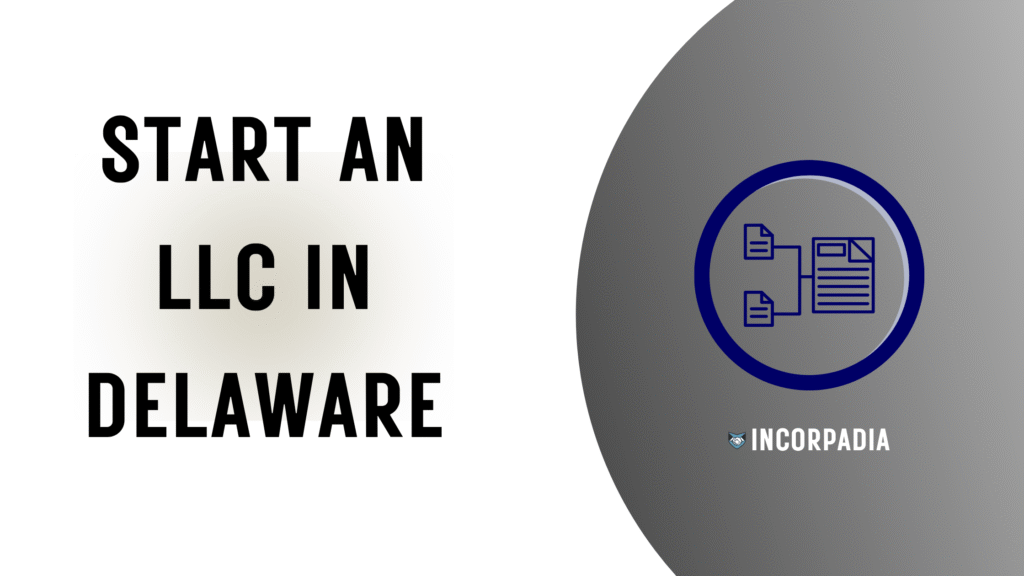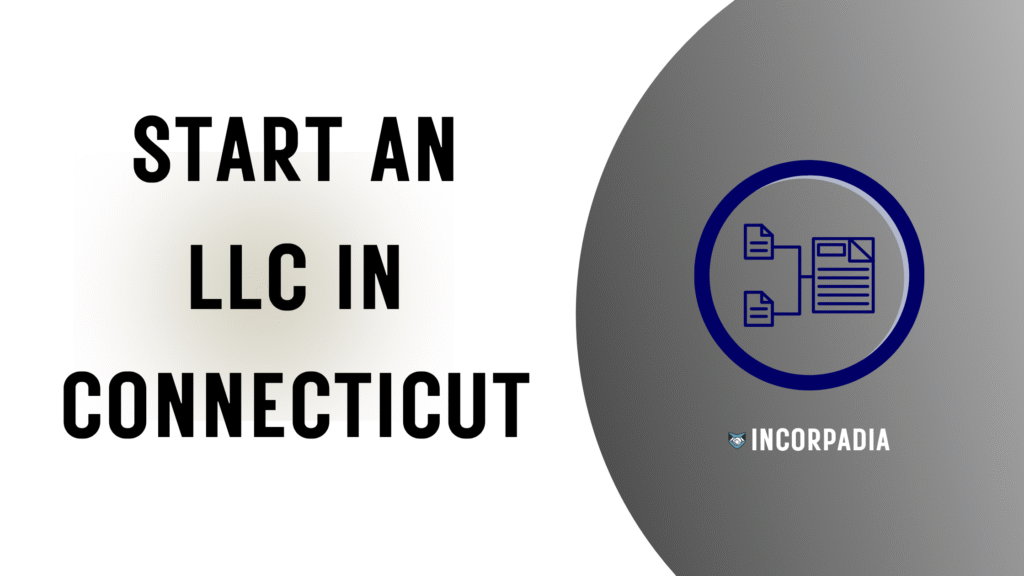Starting a business is an exciting venture. For those considering West Virginia, there’s a range of advantages, from a business-friendly environment to a variety of resources to help entrepreneurs succeed. Whether you are launching a tech startup, a small service-based business, or a retail shop, West Virginia provides a platform for growth.
In this guide, we will walk you through the essential steps to start a business in West Virginia, from initial planning to marketing and beyond. With this information, you’ll be better prepared to navigate the process with ease and confidence.
How to Start a Business in West Virginia?
West Virginia’s business landscape offers a range of opportunities for new entrepreneurs. The process for starting a business in the state is fairly straightforward, but it requires careful consideration of several factors. Here’s what you need to know.
Step 1: Create a Business Plan
Before anything else, you need to create a business plan. A business plan outlines your vision, the goals of your business, and how you plan to achieve them. A well-structured business plan helps you stay on track, and it’s a critical tool for attracting investors, applying for loans, or seeking partnerships.
Key Elements of a Business Plan
- Executive Summary: This is a brief overview of your business and its mission. It should convey the essence of your business idea in a few short paragraphs.
- Business Description: In this section, you explain what your business does, the industry you’re in, and the market need your business fulfills.
- Market Research: Outline your target market, competitors, and industry trends. Having a clear understanding of the market dynamics is essential to positioning your business for success.
- Organization and Management: This section outlines your business structure and key team members, including any advisors, partners, or investors.
- Products or Services: Describe the products or services you will offer, including how they’ll benefit customers.
- Financial Plan: A detailed budget and financial projections for at least the first three years. This helps determine how much capital you’ll need to launch and sustain your business.
- Marketing Strategy: How do you plan to attract and retain customers? This could include advertising, promotions, partnerships, and pricing strategies.
Creating a comprehensive business plan can take time, but it’s the foundation on which your business will be built. Take the time to research, analyze your market, and set realistic goals.
Step 2: Choose a Business Entity in West Virginia
Once you’ve created your business plan, the next step is selecting your business structure. Your choice will determine everything from your personal liability to the taxes you’ll pay, so choose carefully.
Sole Proprietorships
A sole proprietorship is the simplest business structure. In this structure, you, the owner, are personally responsible for all debts and obligations of the business. While it’s easy to set up and has minimal paperwork, the downside is that you are liable for everything.
Advantages:
- Minimal setup requirements.
- You keep all profits.
- Full control over decision-making.
Disadvantages:
- Personal liability for business debts.
- Limited ability to raise funds.
Limited Liability Company (LLC)
A Limited Liability Company (LLC) provides the legal protections of a corporation while offering the flexibility of a partnership. This means you won’t be personally responsible for business debts and obligations, and you have more freedom in how the business is run.
Advantages:
- Limited liability protection.
- Flexible tax treatment options.
- Less paperwork and administrative burdens.
Disadvantages:
- Somewhat higher costs to set up than a sole proprietorship.
- Must file annual reports.
Limited Liability Partnership (LLP)
An LLP is a partnership where some or all of the partners have limited liabilities. This structure is often used by professional services businesses, like law firms or accounting offices.
Advantages:
- Liability protection for partners.
- Shared responsibility among partners.
Disadvantages:
- Not as flexible as an LLC.
- More paperwork than a general partnership.
Corporation
A corporation is a separate legal entity that offers the strongest protection against personal liability. It’s more complex to set up and maintain but can offer tax advantages and attract investors.
Advantages:
- Limited liability protection.
- Easier to raise capital by selling shares.
- Tax advantages in some cases.
Disadvantages:
- More complex to set up and maintain.
- Double taxation (corporation pays taxes, and shareholders also pay taxes on dividends).
Choosing the right entity depends on your business goals and your appetite for complexity. It’s a good idea to consult with a lawyer or accountant to make sure you’re selecting the best option for your business.
Step 3: Determine Your West Virginia Business Costs
Before diving in, you’ll need to estimate the costs involved in starting your business. These can vary greatly depending on the industry and location, but here are some common costs you should factor into your planning:
Initial Costs:
- Business Registration Fees: The cost of filing your business registration and obtaining the necessary licenses or permits.
- Legal Fees: If you’re setting up an LLC, Corporation, or another entity, you might need legal assistance to draft contracts and other documents.
- Equipment and Supplies: Computers, office furniture, machinery, or inventory, depending on your business type.
Ongoing Costs:
- Rent/Utilities: If you’re renting a commercial space, you’ll need to budget for rent and utility costs.
- Employee Salaries: If you plan to hire staff, employee wages are a significant ongoing cost.
- Marketing and Advertising: How much you spend on advertising, social media, and promotional campaigns.
- Insurance: Coverage such as liability insurance, workers’ compensation, or business interruption insurance.
Taking the time to assess these costs early on can help you avoid financial surprises and create a more accurate financial plan for your business.
Step 4: Name Your Business in West Virginia
Choosing a business name is more than just picking something catchy. The name you select must meet West Virginia’s legal requirements, and it should also be unique enough to stand out from competitors. Here are some things to consider when choosing a business name:
- Availability: Check if the name is already taken by searching the West Virginia Secretary of State’s database.
- Uniqueness: Your name should be distinctive and easy to remember. It should reflect your business and resonate with your target audience.
- Legal Compliance: Avoid names that are confusingly similar to other businesses or that could infringe on trademarks.
Once you’ve decided on a name, you may also want to reserve it through the West Virginia Secretary of State’s office to prevent someone else from using it.
Step 5: Register Your Business in West Virginia
Once you’ve selected a name and structure, the next step is to officially register your business with the state. You’ll need to take a few key steps:
Get a West Virginia Registered Agent
If you’re setting up an LLC or corporation, you’ll need a registered agent in West Virginia. This is a person or business entity that agrees to receive legal documents and official correspondence on behalf of your company.
Apply for West Virginia Formation Documents
Depending on the business structure, you’ll need to file certain formation documents with the West Virginia Secretary of State:
- For LLCs, you’ll file Articles of Organization.
- For corporations, you’ll file Articles of Incorporation.
This paperwork typically requires a filing fee.
Request an EIN
The Employer Identification Number (EIN) is essentially your business’s social security number. It’s required for tax purposes and is necessary to open a business bank account and hire employees. You can apply for an EIN from the IRS online at no cost.
Step 6: Apply for Business License and Permit
Depending on your business type and location, you may need various licenses and permits. These can be both at the state and local level. For example:
- State License: Some industries, such as construction or healthcare, require state-level licensing.
- Local Permits: You’ll need to check with your city or county for zoning requirements and local permits.
In some cases, you may also need a sales tax permit or a business privilege license, depending on the nature of your business.
Step 7: Get a Bank Account
Setting up a separate business bank account is crucial. Mixing personal and business finances can lead to tax complications and create confusion down the line. Choose a business-friendly bank that offers services like merchant accounts, loans, and credit lines to help your business grow.
Step 8: Market Your Business in West Virginia
With everything set up, it’s time to focus on attracting customers. Marketing plays a crucial role in driving business success. Here are some strategies to get the word out:
- Digital Presence: Build a website and establish a social media presence to reach a wider audience.
- Local Advertising: Depending on your business, advertising through local channels like newspapers, radio stations, or community events can be effective.
- Networking: Attend networking events and business meetups in West Virginia to connect with other entrepreneurs and potential customers.
By leveraging both online and offline marketing techniques, you can position your business for success in West Virginia’s competitive market.
Important Information
Do You Need to Have Business Insurance?
While business insurance is not always legally required, it’s strongly recommended. Business insurance protects you from a range of risks, including lawsuits, property damage, or business interruption. Types of insurance to consider include:
- General Liability Insurance
- Workers’ Compensation Insurance
- Property Insurance
- Professional Liability Insurance
What Is the Most Profitable Type of Business?
The most profitable type of business varies depending on location, market demand, and the industry. However, some of the most profitable industries in West Virginia include:
- Health care
- Technology services
- Construction
- Agriculture and food production
Choosing a business that fits with your skills and interests, while also meeting a demand in the market, is the best way to ensure profitability.
FAQs
How long does it take to start a business in West Virginia?
The time it takes to start a business in West Virginia can vary. From registering your business to securing permits and licenses, it can take anywhere from a few weeks to a few months. The complexity of your business and whether you have all your documents ready will determine the speed of the process.
Do I need a lawyer to start my business?
While not required, hiring a lawyer can be beneficial when setting up a more complex business entity, such as an LLC or corporation. A lawyer can ensure that you follow all legal requirements and that contracts and documents are in order.
Are there any grants or funding available for new businesses in West Virginia?
Yes! West Virginia offers various funding opportunities, including state grants, loans, and tax incentives for businesses that create jobs or invest in specific industries. The West Virginia Development Office is a great place to start for information on available resources.
Can I operate my business from home?
Yes, many businesses can operate from home, especially those in industries like consulting, freelancing, or e-commerce. However, make sure to check local zoning regulations, as some areas may have restrictions on home-based businesses.
What taxes will my business be subject to?
Businesses in West Virginia may face several types of taxes, including sales tax, business franchise tax, and employer-related taxes (such as withholding taxes for employees). It’s advisable to consult with an accountant or tax professional to ensure compliance with all state tax laws.

